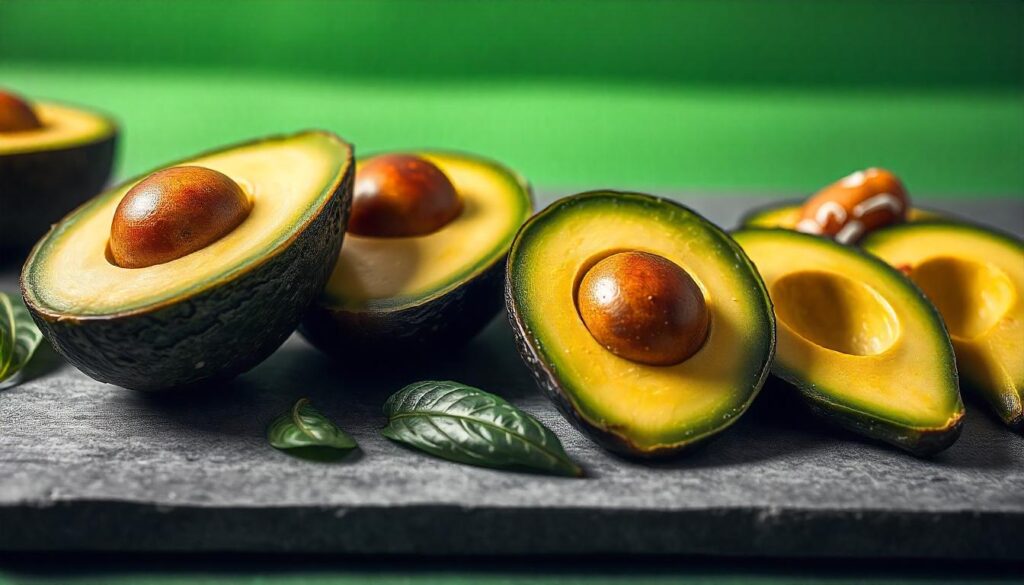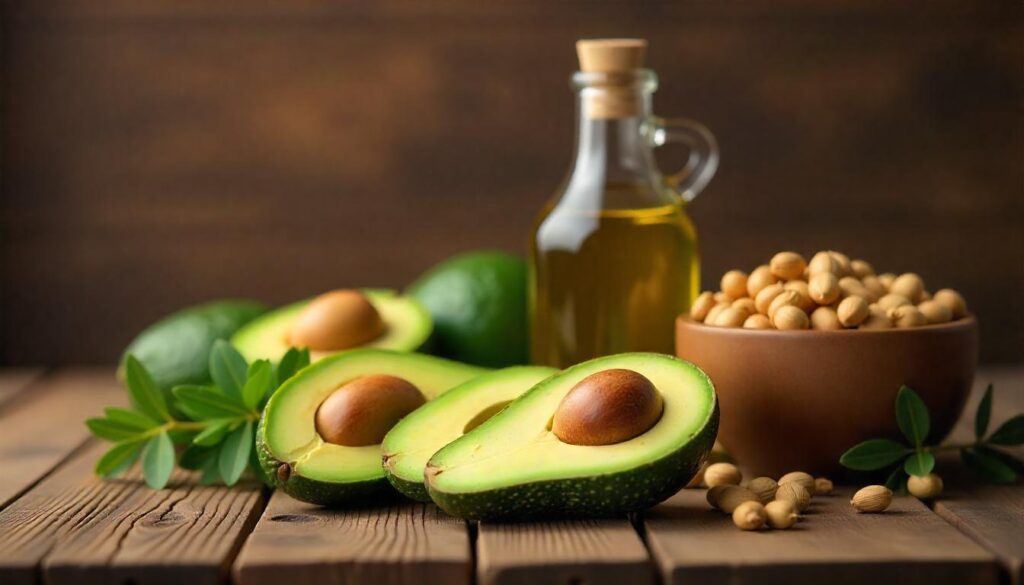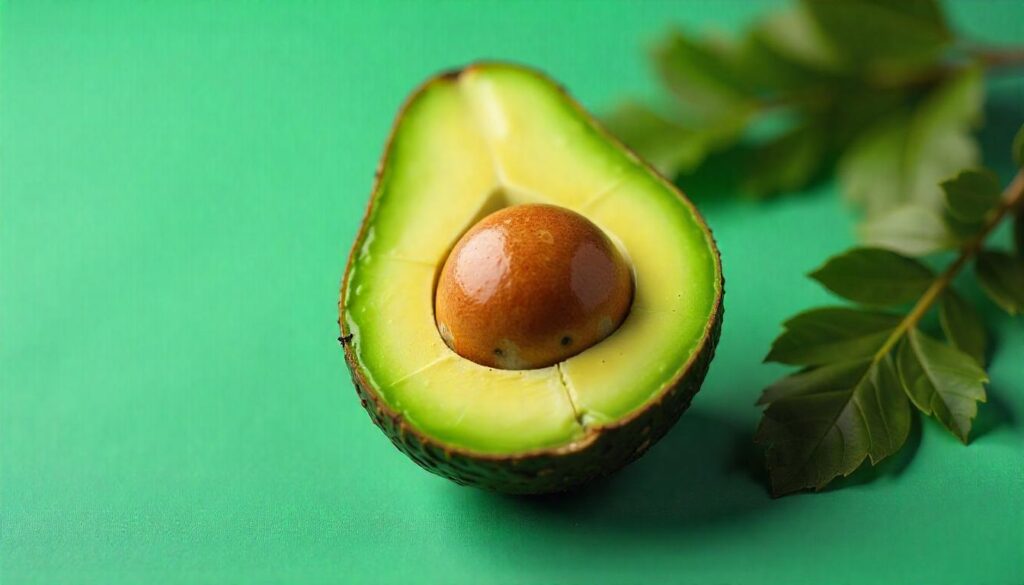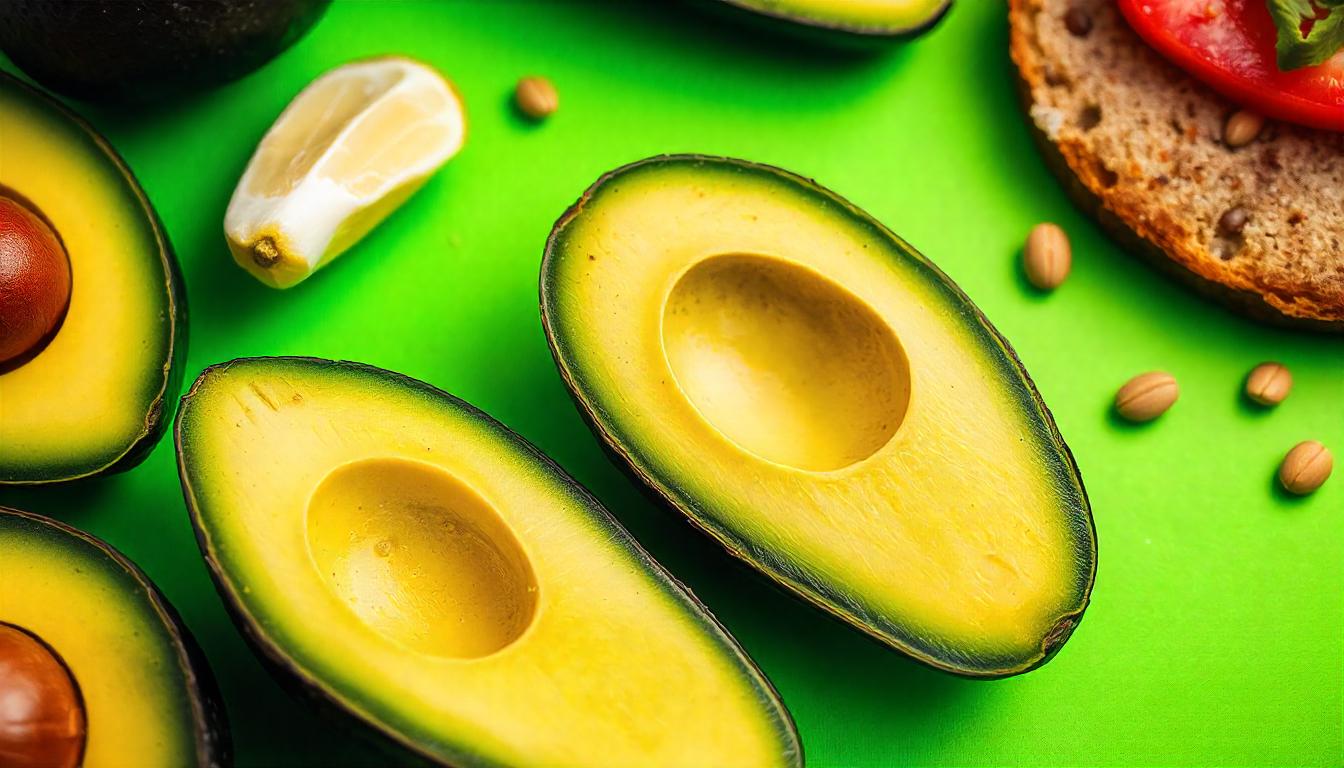Is Avocado a Protein or a Fat? Avocados are a beloved superfood known for their creamy texture and impressive nutritional profile. But when it comes to their classification, a common question arises: Is avocado protein or fat? While avocados are often praised for their healthy fats, they also contain small amounts of protein and other vital nutrients. In this article, we’ll explore the nutritional benefits of avocados, their macronutrient breakdown, and how to incorporate them into a balanced diet.

In this article, we’ll thoroughly analyze the macronutrient profile of avocados, their benefits, and how you can incorporate them into your daily meals. Along the way, we’ll also clarify misconceptions and provide helpful tips to make the most of this creamy fruit.
Table of Contents
Understanding the Nutritional Composition of Avocados
Before diving into whether avocados are a protein or fat source, it’s essential to understand their complete nutritional profile. Avocados are packed with numerous essential nutrients that make them an excellent addition to any diet.
A medium-sized avocado (approximately 150 grams) contains:
- Calories: ~240
- Fat: ~22 grams (primarily monounsaturated fats)
- Protein: ~3 grams
- Carbohydrates: ~13 grams, with most being fiber.
What Does This Tell Us?
It becomes evident that avocados are predominantly a fat-rich food. In fact, about 77% of their total calories come from fat. However, it’s important to note that not all fats are created equal. The majority of the healthy fats in avocado are monounsaturated fats, which are widely recognized for their health benefits. For more insight into the nutritional benefits of avocado, you can read our guide on why models eat avocado toast.
Additionally, protein in avocados is present in small amounts. Although this contribution is minimal, it is still worth considering, especially for those following a plant-based diet. To better understand how to pair avocados with complementary ingredients for maximum nutritional benefits, explore our article on how to eat avocado toast.
Are Avocados a Good Source of Protein?
To put it plainly, while avocados do contain some protein, they are not a significant source of this macronutrient. A 50-gram serving (roughly one-third of a medium avocado) provides about 1 gram of protein, which is relatively low compared to other protein-rich foods like beans, eggs, or nuts.
However, avocados can play a supportive role in boosting your protein intake when combined with higher-protein ingredients. For example:
- Pair avocado slices with scrambled eggs or tofu for a balanced breakfast.
- Add diced avocado to bean or lentil salads for a satisfying lunch.
- Blend avocados with Greek yogurt for a protein-rich and creamy dip.
The Role of Fats in Avocados
If avocados are not primarily a source of protein, then what sets them apart? The answer lies in their fats. Avocados are an exceptional source of healthy fats, especially monounsaturated fats. Let’s take a closer look at these fats and their benefits.

Monounsaturated Fats: The Star of the Show
The majority of the fat in avocados comes from monounsaturated fats (MUFAs), which are known for their positive impact on overall health. These fats are commonly found in olive oil, nuts, and seeds, making avocados a valuable addition to a heart-healthy diet. Here’s why:
- Heart Health Benefits: MUFAs help lower levels of bad cholesterol (LDL) while increasing good cholesterol (HDL), reducing the risk of heart disease.
- Anti-Inflammatory Properties: These fats may reduce inflammation in the body, which is beneficial for conditions such as arthritis.
- Nutrient Absorption: MUFAs aid in the absorption of fat-soluble vitamins like A, D, E, and K, making avocados an excellent complement to other nutrient-dense foods.
In addition to MUFAs, avocados contain small amounts of polyunsaturated fats (PUFAs) and saturated fats. While saturated fats should be consumed in moderation, the fats in avocados are natural and minimally processed, making them a far healthier option than artificial trans fats.
Transitioning to Balanced Diets
When incorporating avocados into your meals, it’s essential to recognize their caloric density. A medium avocado contains approximately 240 calories, which can add up quickly if you’re not mindful of portion sizes. For those seeking creative ways to add avocados to their meals, check out our post on perfecting avocado toast.
Why Fats in Avocados Are Beneficial
Despite their high-fat content, avocados have earned a reputation as a superfood for good reason. Their fats are not only nutritious but also highly versatile. Here’s how they contribute to overall well-being:
- Weight Management
- Avocados are rich in fiber, which enhances feelings of fullness and prevents overeating.
- Their combination of fiber and fat promotes satiety, making them an excellent choice for those aiming to maintain a healthy weight.
- Skin and Hair Health
- The healthy fats and vitamin E in avocados nourish the skin and promote a glowing complexion.
- They also strengthen hair, preventing dryness and breakage.
- Energy Boost
- The monounsaturated fats in avocados provide a slow and steady release of energy, which can improve focus and endurance throughout the day.
FAQs About Avocados
Here are answers to some common questions that many people have about avocados:
Q1: Are avocados good for building muscle?
A: While avocados contain protein, they are not a significant source. For muscle building, pair them with high-protein foods like chicken, eggs, or legumes.
Q2: Can avocados help with weight loss?
A: Yes! Their fiber and healthy fats promote satiety, which can reduce overall calorie consumption.
Q3: How does avocado compare to butter?
A: Avocado is a healthier alternative to butter due to its monounsaturated fats and lower saturated fat content. Using mashed avocado as a spread is an easy swap that boosts nutrition.
Q4: Is eating too much avocado unhealthy?
A: While avocados are nutrient-dense, they are also calorie-rich. Consuming them in moderation is key to avoiding excess calorie intake.
Practical Ways to Include Avocados in Your Diet
Avocados are incredibly versatile and can be added to a variety of dishes. Here are some simple ideas:
- Breakfast: Mash avocado on whole-grain toast and top with a poached egg.
- Lunch: Add avocado slices to a turkey sandwich or use them as a topping for salads.
- Dinner: Incorporate diced avocados into tacos, grain bowls, or soups.
- Snacks: Blend avocado with Greek yogurt, lime, and spices for a healthy dip.
- Desserts: Use avocados in chocolate mousse or brownies for a creamy texture.
Conclusion
Avocados are primarily a source of healthy fats, especially monounsaturated fats, with only a small contribution of protein. Their nutritional benefits extend far beyond their macronutrient composition, offering fiber, micronutrients, and unique compounds that promote overall health.

By including avocados in your meals, you can enhance the flavor, texture, and nutritional value of your diet. However, as with any food, moderation is key to maximizing their benefits without overindulging. For more inspiration on incorporating avocados into your diet, check out our article on why avocado toast is actually healthy.
Whether you’re looking to improve heart health, support digestion, or simply enjoy a delicious and nutritious ingredient, avocados remain a top choice for health-conscious individuals everywhere.

